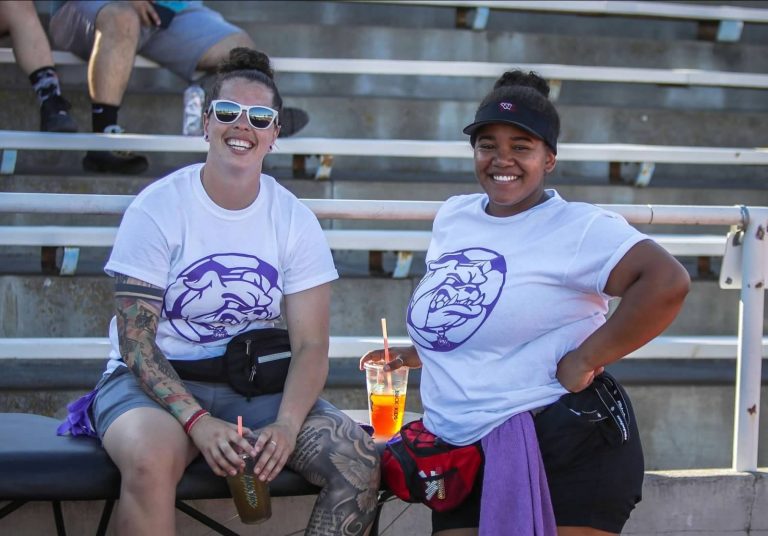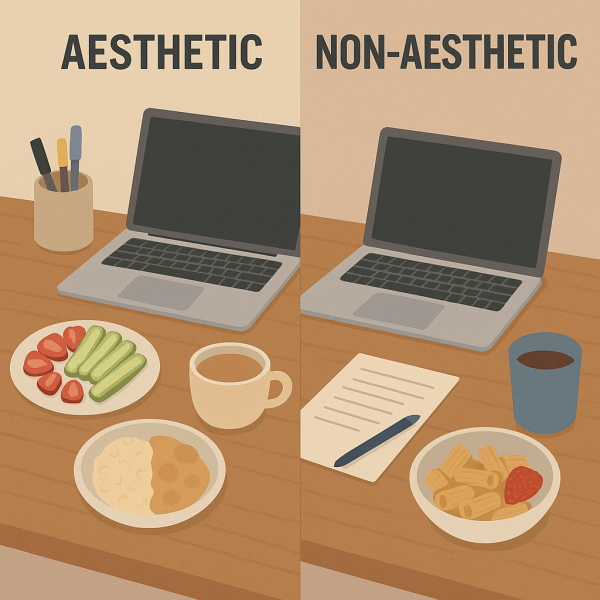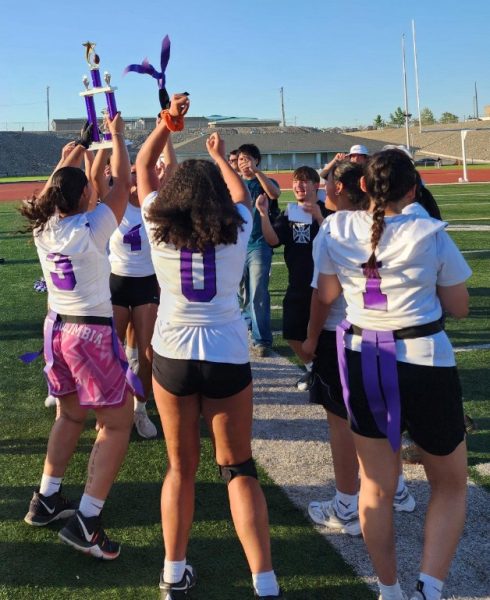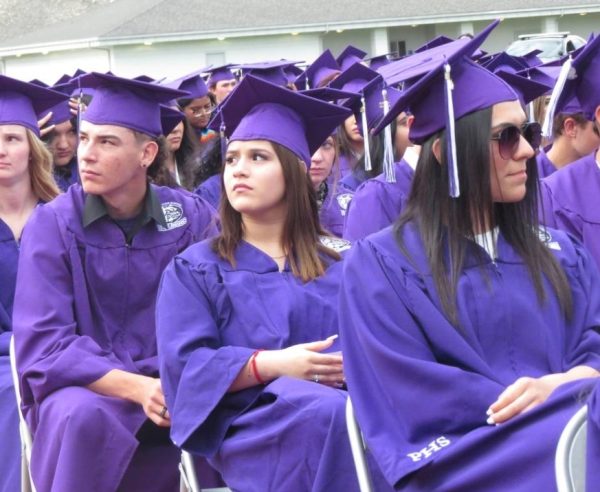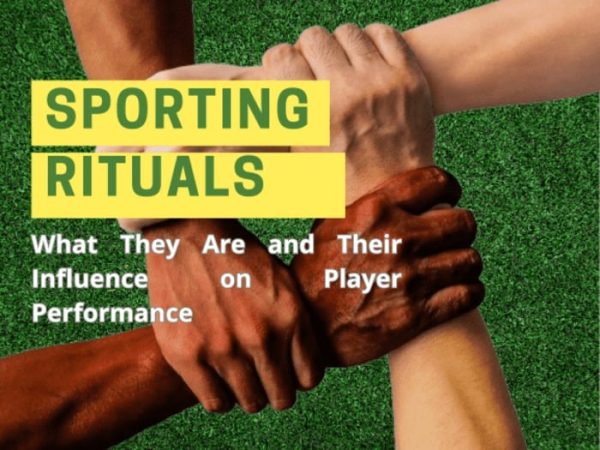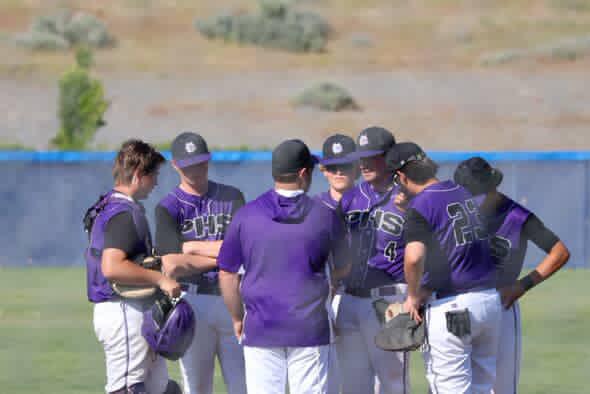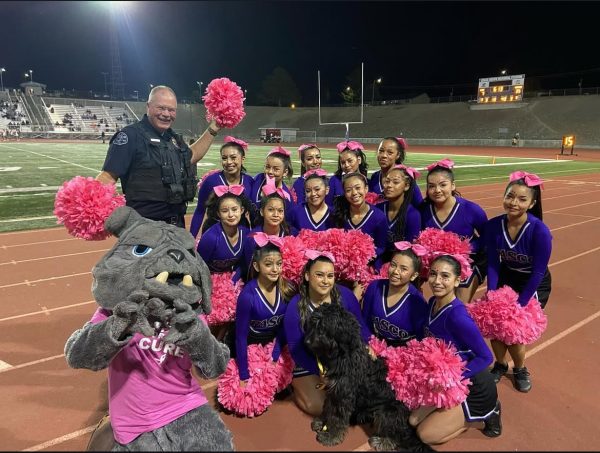Sport injury? You don’t have to worry!
If you’re in a sport at Pasco High, you’ll probably already know them and might even spend a lot of time with them: our Athletic Trainers. We have two Athletic Trainers at Pasco High: Jessie Ihly (Jess) and Sammantha Estes (Sam). But what is an Athletic Trainer exactly? Who are Jess and Sam? And what is sports medicine? Let’s find this all out!
Athletic Trainer
An Athletic Trainer is someone who helps with the prevention, treatment management, and rehabilitation of athletic injuries. An Athletic Trainer sees a sport injury from start to finish and their biggest goal is for the player to be able to go back to play. To become an Athletic Trainer, you need to graduate from a specific Athletic Training program. You also need to pass the national certification exam. Lastly, as an Athletic Trainer you have to maintain practices and courses. Athletic Trainers can work in different locations like high schools, professional sports, the military, hospitals, and more. Being an Athletic Trainer is a very demanding but rewarding job. It’s a great fit for people that like to work with their hands and like sports and helping people. For our Athletic Trainers Football is a big priority, most sports injuries happen in football because it’s such a high-contact sport. The Athletic Trainers at our school are available during the seasons. During fall they’ll be in the clinic until about 7:30, and in the winter and spring until 5:00/5:30. Our clinic at Pasco High is located next to the main gym on the side of the student parking lot. Our Athletic Trainers are also there for all sports during home games.
Jess
Let’s get to know our first Athletic Trainer Jess. Jess, Jessie Ihly, is a 30-year-old teacher here at Pasco high and one of our amazing Athletic Trainers. Jess is our sports medicine teacher, which she has been for almost four years now. Before Jess started working at Pasco High, she was a graduate assistant at Central Washington University (CWU). Jess kind of stumbled into becoming an Athletic Trainer. She picked it as a major just thinking it would sound cool and ended up falling in love with the human body and injuries in sports. Jess ended up at Pasco High as an Athletic Trainer because she was looking for a job after she had just graduated from her master’s program. When she walked through the doors of Pasco High, she felt there was something different about this place and she immediately felt at home. Jess’s favorite part about being an Athletic Trainer is the ability to build relationships with the sports kids. She loves to see an injured athlete go through rehab, get stronger and finally play again. The kids are also her least favorite part of her job. Sometimes kids want to play their sport at any expense and don’t think about their long-term health and how playing through an injury can affect that. The kids will sometimes see Jess as the bad guy even though she has specific reasons (for YOUR health) if she keeps you out. Jess’s favorite sports to cover as an Athletic Trainer are soccer and wrestling. Jess wants to continue being an Athletic Trainer as long as her body allows her to. Being an Athletic Trainer is a very demanding job, so once she gets too old the teaching job will probably take over, she says.
Sam
Our other Athletic Trainer is Sammantha Estes (Sam). She is a 25-year-old security guard here at Pasco High and she is transforming into becoming a Student Achievement Specialist now. This year is Sam’s 4th year as an Athletic Trainer at Pasco High. Sam really likes helping people and especially at our school where the medical need might be a little bigger because families can’t always afford to get the medical help needed outside of school. Sam’s favorite part of being an Athletic Trainer is the connections she gets to make with her athletes and students they have working for them. She thinks being an Athletic Trainer is an awesome career and not even that hard to get into if you really want it. The most annoying part for Sam is the difficulty in communicating with students’ parents sometimes. Sometimes the students will not be able to get the outside referral they need, and so it’s sad to not completely be able to help them. Sam’s favorite sport as an Athletic Trainer is basketball, she just loves the sport and played it for a big part of her life. She also thinks it’s nice to see the technical skills a lot of the kids have. They know how to rehabilitate and strengthen for their sport directly. Sam is planning on being an Athletic Trainer for the rest of her life as well. However, she isn’t sure if the setting will always stay the same. She could work for a college, the military, and more, so she thinks her journey of being an Athletic Trainer will go through a bunch of different pathways. Lastly, Sam thinks being an Athletic Trainer is very rewarding. She really enjoys seeing the happiness of kids get back once they are able to play again after injury.
Sports Medicine
Sports medicine is an area of healthcare that gives knowledge about preventing, examining, treating, and rehabilitating sports-related injuries. At Pasco High sports medicine can be taken as a subject. Our teacher for this is our Athletic Trainer Jess. She teaches sports medicine because it was coupled with her job as an Athletic Trainer, and as just a high school Athletic Trainer your wage is unfortunately not livable. If you take sports medicine one and two, it’ll cover an occupational credit. If you take sports medicine one, two, and three (all year around) it’ll cover 1.0 occupational and 0.5 of your health credit. You can even take a second year of sports medicine if you want. This will cover more occupational credits and can help fulfill your graduation pathway for health science. In the beginning of the first year, we talk about some general subjects like body systems, introduction of sports medicine, and emergency management. In the rest of year one we look at sports injuries in different body parts (foot and ankle, knee, hip, elbow, wrist, and the hand and fingers) and the health portion of sports medicine (nutrition, sex education, and alcohol, drug, and Tabaco). In the second year you learn about the same stuff, but it’s a lot more in-depth. You elaborate more on the subjects in year two. In both years of sports medicine you are required to help the Athletic Trainers at a sport event. As a year one student you must get ten hours per trimester, as an advanced student these are twenty hours. If a year two student works sixty hours a year, they can also get a 0.5 practicum credit. Jess loves that the sports medicine kids get this opportunity to help, she thinks the more they help the more helpful they become. She even says her second years can basically run her clinic without her. Taking sports medicine cannot get you to becoming an Athletic Trainer. You need to go to college to become an AT. However, sports medicine is a great base for the knowledge you need to become an AT. Jess thinks kids should pick sports medicine as a subject because you can combine your love for the human body with medical knowledge in sports. Kids can learn things about themselves and about injuries they might have already sustained or might sustain in the future while playing sports.
Your donation will support the student journalists of Pasco High School and keep the Wasco up and running. Your contribution will allow us to cover our annual website hosting costs.

